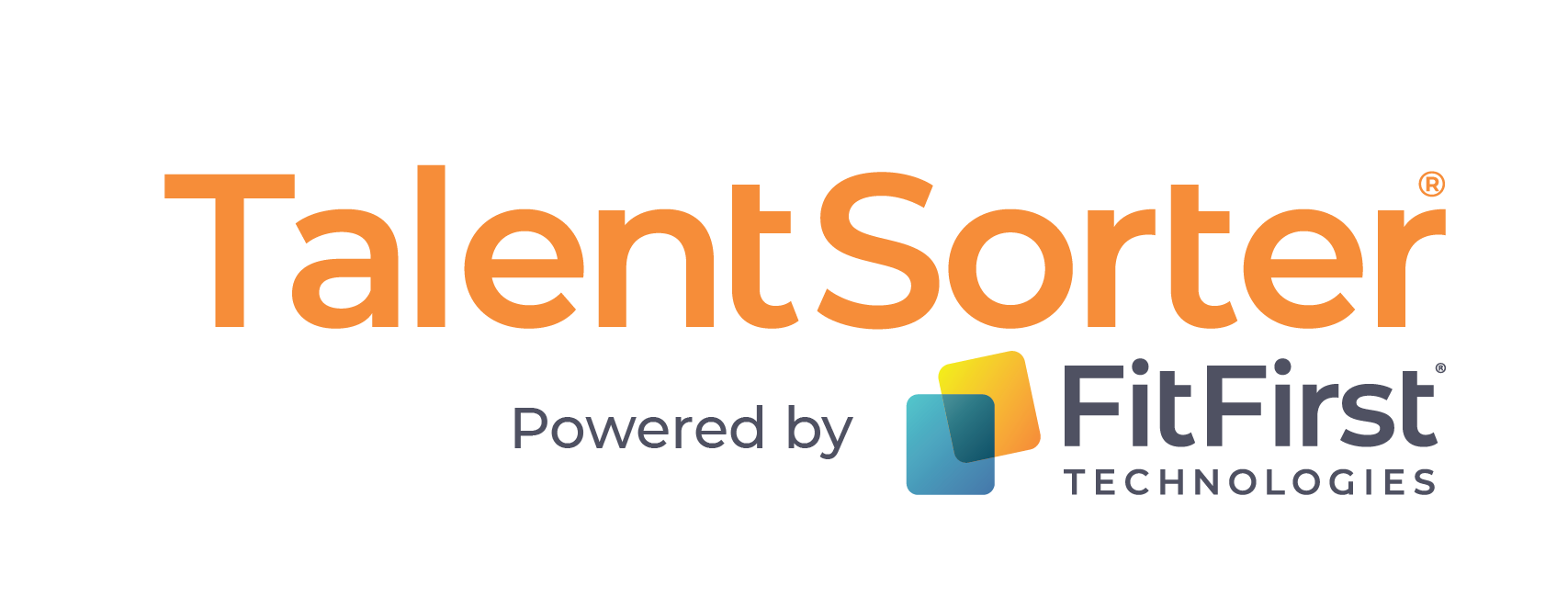There’s an old adage which says “Fool me once, shame on you. Fool me twice, shame on me.”
When it comes to resume fraud, applicants have been fooling hiring managers for years. Knowing this, any HR professional who still relies primarily on sifting through a stack of resumes as the first-level sort should be feeling some shame.
The statistics are shocking; studies show that more than 50% of people are less than truthful on their resumes.
Some applicants include what may seem like harmless white lies on their CVs – exaggerating their proficiency and skills, or overstating the level of responsibility they held in previous positions.
Many others, however, blatantly lie in order to more closely match the requirements of a job posting or appeal to the hiring manager.
“Little white lies”. A $600 billion problem
Applicants have been caught lying about their level of education, claiming credentials or awards which they have never earned, falsifying job titles, and asking family or friends to provide fake references for them.
In a recent survey by CareerBuilder, 25% of the hiring managers who responded said they’ve encountered candidates who claimed to be employed by companies they have never worked for at all.
The temptation to lie is understandable. With companies often receiving hundreds of applications for a single job posting, job seekers are eager to stand out from the crowd. And the chances of getting caught seem slim. Seventy percent of respondents to the CareerBuilder survey reported spending five minutes or less reviewing each resume they receive; 48% spend less than two minutes.
Not only is the data contained in a resume notoriously unreliable; even if it were 100% accurate, the far bigger problem is that the very information it contains (an applicant’s skills, knowledge, experience) is, statistically speaking, the weakest predictor of their eventual success in the job.
And hiring mistakes are costly in terms of time, resources, and a business’ bottom line.
Research estimates that resume fraud occurs worldwide and is a $600 billion problem annually.
SHRM studies show that it costs an average of six to nine months’ salary each time a company has to replace an employee.
Don’t rely on the candidate to know what’s right for them
A deep-seated belief that talent is scarce has led us to build a system that encourages job-seekers to apply to as many positions as possible. The objective of the ‘game’ is to spam your resume out to as many openings as possible, and see what comes back. If you like it, pursue it… otherwise, keep spamming.
This creates an enormous amount of clutter for employers to contend with, in the form of unqualified, uninformed and disinterested applicants who clog resume databases.
Making the assumption that you received a resume from someone because they did enough research to determine they are genuinely interested in your company and think they are qualified for the open position is risky.
In fact, research shows that slightly over half of candidates are applying to jobs for which they are not a strong fit:
Data from TalentSorter reveals that 51% of job seekers are applying for jobs that are not a good fit (FitScore of 70 or less).
There is a better way
Fudging the details on their resumes may get candidates interviewed, and even hired, but does nothing to ensure their success in a role for which they are ill-suited in the first place.
To overcome this problem, we developed TalentSorter, a revolutionary platform which uses behavioural science and artificial intelligence to identify the traits most relevant to success in a specific role, and screens candidate based on those traits. Each applicant is assigned a FitScore™ which is an aggregate of their fit with job, fit with the manager, fit with the people they’d be working with, and fit with company. The higher the score the better the likely “fit.”
Even if they are successful in being hired, the end result for someone who is not a strong fit is likely poor performance, reduced job satisfaction and increased employee turnover – a costly proposition for any business. Deceptive resumes simply exacerbate the underlying problem facing today’s hiring managers; education and past work experience are not the best predictors of future success.
Ditch the reliance on the resume. Screen for fit first, then check the resume to make sure the experience and qualifications are in the right ballpark. You’ll be glad you did..

